Anxiety Disorders
WHAT IS ANXIETY?
Stress is experienced in the body in the same way as anxiety, with similar worry and physical responses. Generalized Anxiety Disorder (GAD) is the term used for people described as constant worriers. Unlike Social Anxiety Disorder or Agoraphobia, for example, people with GAD have pervasive worried thoughts and fears that are not specific to context or situations.
Common Symptoms for Generalized Anxiety Disorder
Excessive worries and anxiety about a variety of situations
Feelings of being on-edge
Difficulty with concentration
Difficulty with sleep
Low energy
Irritable mood
Other types of anxiety may include fears or worries about how a person behaves or is perceived (e.g., social anxiety) or fears of certain things or experiences (phobias). Individuals with anxiety often struggle with unfamiliar, unknown, uncertain or unplanned experiences and may adopt coping mechanisms that get in the way of their everyday lives (e.g., social isolation, avoidance of anxiety triggers, or over-controlling/over-planning their lives to reduce uncertainty). The experience of anxiety includes thoughts (e.g., “I’m going to screw this up”), behaviors (e.g., avoidance), and physiological arousal (e.g., a panic attack).
PCH provides treatment for anxiety and stress through different behavioral therapies.
ASSOCIATED CONCERNS
Anxiety concerns often co-occur with symptoms of depression, insomnia, and physical health concerns that can be exacerbated by anxiety (e.g., gastro-intestinal concerns, chronic pain conditions, or high blood pressure). Substance abuse can occur if individuals attempt to use substances to reduce anxiety in difficult situations.

